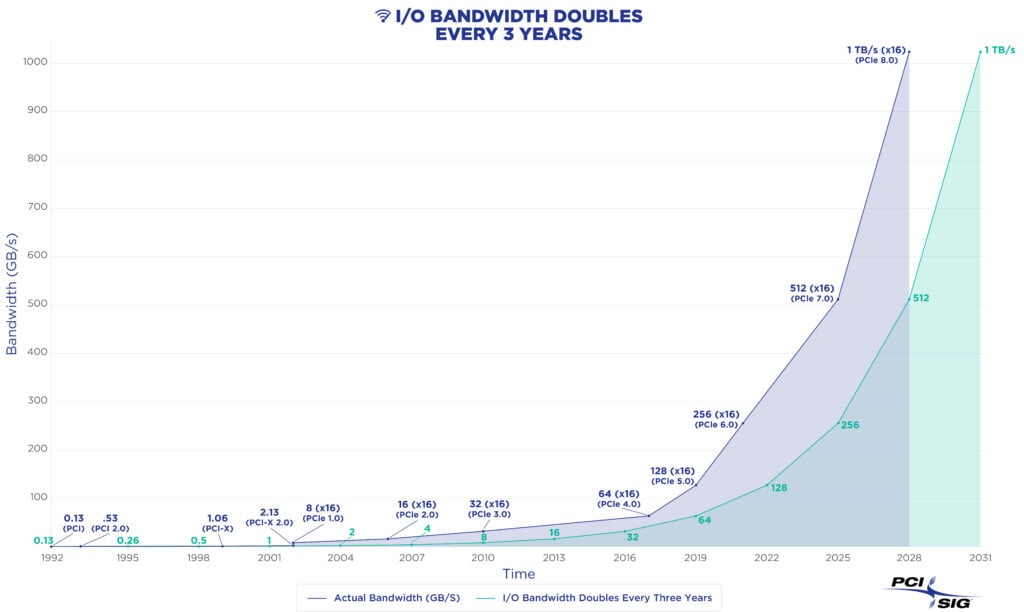Sony Xperia: Small but Significant

Despite holding a minuscule share of the global smartphone market and facing uncertainty about its future, Sony maintains that its Xperia brand is “very important” and will continue to be nurtured. Sony CFO Lin Tao recently reiterated this commitment, acknowledging Xperia's place within a crucial business segment. While Sony has scaled back its presence in the US market, lost ground in Japan and Europe, and even ceased manufacturing its own devices, it insists on continuing its smartphone efforts. The company emphasizes the broader significance of communication technology within Sony's long-term strategy, extending beyond smartphones themselves.



















